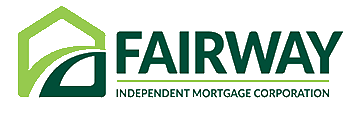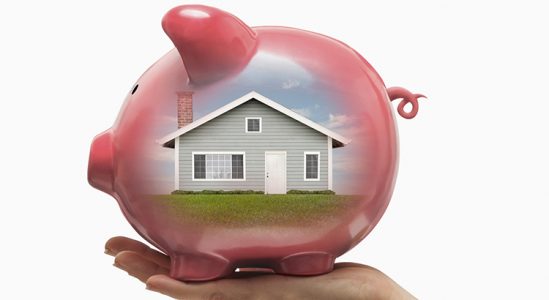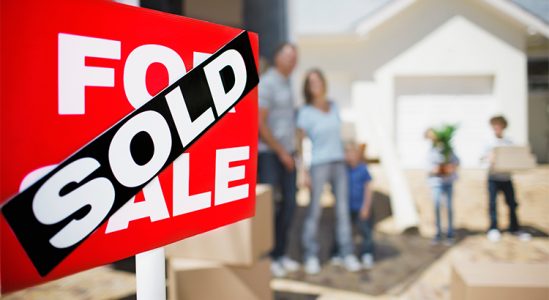You saved for your down payment, but what about the closing costs? How do you even know how much closing costs will be when you buy a home in southern California? All too often potential home buyers will focus on saving for the down payment, not realizing that they'll also need to figure out how to get the closing costs paid.
What Are Closing Costs?
According to Trulia,
“When you close on a home, a number of fees are due. They typically range from 2% to 5% of the total cost of the home, and can include title insurance, origination fees, underwriting fees, document preparation fees, and more.”
For those who buy a $250,000 home, for example, that amount could be between $5,000 and $12,500 in closing fees. Keep in mind, if you’re in the market for a home above this price range, your costs could be significantly greater.
Closing Costs range from 1% to 2% of the purchase price
The amount of money you will need to close on your purchase will be made up of the down payment, closing costs, and prepaid expenses. The combination of closing costs and prepaid expenses will typically range between 2% and 3% of the price for homes purchased in Southern California. There is a difference between Closing Costs and Prepaid expenses. Closing Costs are "Non-Recurring", meaning they are directly connected to this purchase transaction. Prepaid Expenses are "Recurring", meaning once you own the home you will continue to have these expenses. Below is a list of the typical closing costs involved in a purchase transaction.
- Appraisal (can range from $450 to $600 or more. Type of property, location, value, and property use can affect cost)
- Home inspection (not for the lender, this is for the buyer. Typical cost between $300 and $500)
- Credit Report (range from $20 to $60 or more)
- Lender Fee's (Origination, processing, etc - can range from $1,000 to $2,000 or more)
- Flood Certification
- Discounts points (to buy down interest rate - range from 0% to 2% or more)
- Recording (to the county, can range from $150 to $375)
- Title Insurance - (dependent on loan amount - can range from $300 to $2,000 or more)
- Escrow/Settlement Fee - (dependent on purchase price, typically range from $1,000 to $3,000 or more)
- Notary Fee - ranges from $100 to $250 or more
Prepaid Expenses are "Recurring" and will typically be .5% to 1% of the purchase price
Prepaid expenses are items that are "recurring", meaning once you own the home you will continue to have these expenses. At the time of closing on your purchase Prepaid expenses can add up and need to be accounted for. Below are the Prepaid expenses to expect.
- Prepaid interest - this is just mortgage interest that covers the time period you are in the home that won't be included in the first payment. Prepaid interest is paid at closing. For example, if you close on January 10, your first payment will not be due until March 1. The March 1 payment will include interest from February 1 through February 28 (or 29). At closing you will need to pay the interest covering from January 10 through January 31. You are essentially making a partial payment but with no principal.
- Homeowners Insurance - at the time of closing you will need to pay the first years premium for your homeowners insurance policy.
- Property taxes - you may have prorated property taxes due at the time of your closing. This will depend on the date of your closing.
- HOA fees - if you are buying a condo or a home located within a PUD (Planned Unit Development), then there will be some initial HOA fees due at closing.
- Impound/Escrow account for property taxes and homeowners insurance -An impound account is essentially a savings account for property taxes and insurance that the lender holds on your behalf. If you have an impound account then you will be paying 1/12 of your property taxes and insurance on a monthly basis. If you are putting less than 10% down then an impound/escrow account will be required. If your loan is FHA or VA then an impound account will also be required. And if you just want to have an impound/escrow account in order to help with budgeting for these annual and semi-annual payments, then it will be important to factor the expense of setting up the impound account. Depending on the month of your closing, anywhere from 3-9 months of property taxes will be required for the impound account. Also, 3 months of homeowners insurance will be deposited into the impound account.
Bottom Line - Know your Numbers Before you Buy
The bottom line is to know your numbers BEFORE you make an offer on a home. You don't want to be one of those people who finds a home, makes an offer and gets it accepted, only to find out you are $10,000 short to close. If you know how much will be needed prior to making an offer, there are strategies that can be used to cover the shortage (seller paying the costs). But you need to have this figured out before you have an accepted offer.
The best way to find out what the numbers will be is to talk to a local Orange County Loan Officer who can guide you through the numbers and provide a custom Total Cost Analysis based on your goals with the home purchase.
Authored by Tim Storm, an Orange County Loan Officer and Branch Manager for Fairway Independent Mortgage Corporation (NMLS ID 2289). MLO 223456. – Please contact my office at 949-640-3102. I will prepare a custom Total Cost Analysis which will be matched up to your financial goals, both long and short term. I also prepare a Video Explanation of the your scenarios so that you are able to fully understand the numbers BEFORE you have started the loan process.



